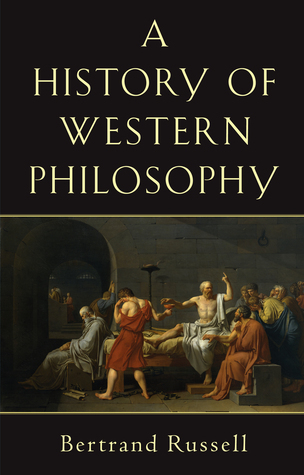
The Problems of Philosophy
Book Description
What if the truths you hold dear are just illusions? In 'The Problems of Philosophy,' Bertrand Russell takes you on an electrifying journey through the tangled web of knowledge and belief. With razor-sharp clarity, he unravels the mysteries of reality, questioning everything from perception to the nature of existence itself. Each chapter unfolds like an exhilarating debate, challenging the very foundations of understanding. As ideas clash and uncertainties linger, the stakes rise—can we ever truly know anything? Dive into this intellectual adventure and ponder: What does it really mean to know?
Quick Book Summary
In 'The Problems of Philosophy,' Bertrand Russell critically explores some of the most fundamental questions about knowledge, reality, and the limits of human understanding. With accessible language and careful reasoning, Russell examines how we perceive the world around us, questioning whether what we see and believe corresponds to true reality. He introduces the distinction between appearance and reality, investigates what can be known with certainty, and explores the significance of philosophical doubt. As he discusses famous philosophical positions such as empiricism and rationalism, Russell challenges the reader to consider the foundations of their beliefs and the possibility of achieving certain knowledge. The book is both a primer for beginners and a thought-provoking reflection for seasoned thinkers, enduring as a classic introduction to philosophy.
Summary of Key Ideas
Table of Contents
Distinction Between Appearance and Reality
Bertrand Russell opens his work by probing the difference between how things seem to us and how they actually are. Using the example of a table, he highlights that our individual perceptions—color, shape, and texture—change under different conditions, raising doubts about whether we ever perceive objects as they truly exist. This skepticism forms the foundation for deeper inquiry into the nature of reality.
The Nature and Limits of Knowledge
Building upon this foundation, Russell introduces the problem of knowledge—how can we know anything beyond our direct experiences? He discusses the classic debate between rationalists, who trust reason, and empiricists, who rely on sensory data. Neither approach offers full certainty, highlighting the complexity and subtleties involved in the search for objective truth.
The Reliability of Sense Perception
The reliability of sense perception is subjected to rigorous examination. Russell identifies the possibility of illusions, mistakes, and varying sensations among different observers. He draws upon philosophical arguments to show that sense data may not correspond directly to external reality. This leads to the conclusion that knowledge of the external world is probable, not absolutely certain, and is always open to revision.
The Value of Philosophical Doubt
Russell addresses the nature of universals—general concepts that allow us to think about categories rather than particulars. By studying how we form abstract ideas and whether such universals have any real existence outside our minds, he raises questions about the way language and logic shape our understanding of reality. This analysis helps illustrate the role of abstract reasoning in philosophical inquiry.
Finally, Russell emphasizes the value of philosophical doubt. Rather than being a weakness, he portrays skepticism as a vital tool for intellectual growth. Philosophy encourages us to question assumptions, recognize the limits of our knowledge, and remain open to new ideas. Through this reflective process, philosophy enriches both the individual mind and society by fostering deeper inquiry and humility before the mysteries of existence.
Download This Summary
Get a free PDF of this summary instantly — no email required.





